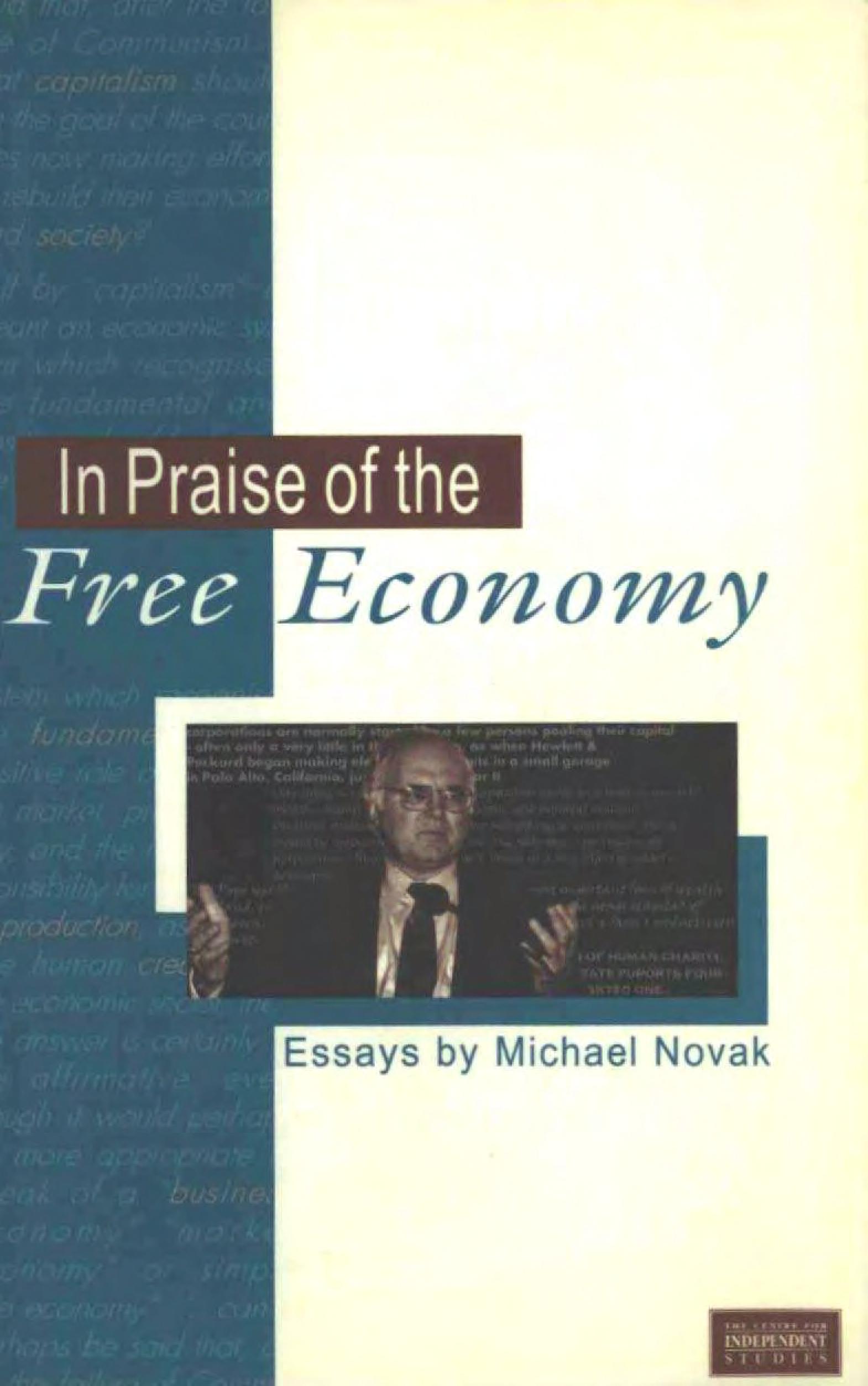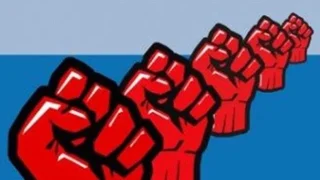
Michael Novak is a pioneer. For over 20 years he has pursued what has been, until relatively recently, virtually a one-man crusade — the intellectual battle to convince his fellow Christians of all denominations of the merits of the market economy. Recognising the immense contributions that he has made to theological and philosophical thinking about the free economy and society over the past 20 years, the Centre for Independent Studies hosted a visit to Australia and New Zealand by Novak in 1995.
During that tour, he presented over 20 lectures to audiences in Christchurch, Auckland, Wellington, Sydney, Canberra and Melbourne. He also had numerous meetings with political, business and religious leaders in both countries.
One need not, it should be noted, be a Christian or even particularly religious to appreciate the arguments and reasoning underlying Novak’s theological advocacy of entrepreneurship, the corporation, and the market as well as his penetrating critique of the modern welfare state. For while many of his ideas are couched in explicitly Judeo-Christian language, imagery and concepts, Novak is deeply interested — as all thinking Christians should be — in the questions raised and insights offered by thought originating from profoundly secular sources. Open-minded non-Christians of good will therefore have no reason to be wary. Indeed, most of Novak’s criticisms are directed at those Christians who seem reluctant to remember Christ’s warning that the Kingdom of God is not of this world.
During his 1995 visit, Novak commented on several occasions that he was struck by the degree of envy exhibited by many Australians and New Zealanders towards the materially wealthier elements of our societies. This was a phenomenon that Novak found
deeply disturbing. Christians, he commented, have an obligation to help the poor raise themselves out of poverty and to care for those who are manifestly incapable of doing so. But, he noted, there is no reason why the enactment of this duty should be accompanied by a high degree of antagonism towards the economically better-off members of society. For this reason, Novak often made a point of reminding his audiences that, from a Judeo-Christian perspective, envy is a sin. Furthermore, Novak stressed, the
material prosperity of some sections of our society should, in one sense, be irrelevant to Christians. What really should matter to them is that the poor’s living standards are raised. Of all the economic systems created by humanity, Novak stated, the market economy has proved most successful at attaining this end. It was, in his view, the best alternative for the economically poor.
In Australia and New Zealand, we are not accustomed to hearing theologians and religious leaders making similar remarks. The publication of these essays, we hope, will go some way towards redressing that imbalance.










